Organic compost?
bibbus 7b
10 years ago
Related Stories

GARDENING GUIDESGet on a Composting Kick (Hello, Free Fertilizer!)
Quit shelling out for pricey substitutes that aren’t even as good. Here’s how to give your soil the best while lightening your trash load
Full Story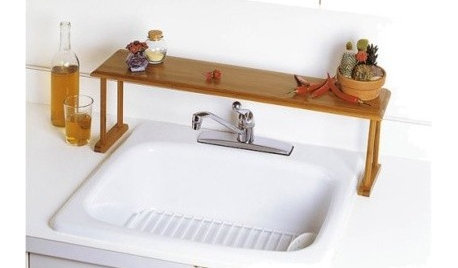
KITCHEN DESIGNGuest Picks: Organizing Your Kitchen for the New Year
Resolve to find a place for plastic bags, compost and piles of dishes to declutter your kitchen
Full Story
GARDENING GUIDESHow to Switch to an Organic Landscape Plan
Ditch the chemicals for a naturally beautiful lawn and garden, using living fertilizers and other nontoxic treatments
Full Story
GARDENING GUIDESHouzz TV: Make a Worm Bin for Rich Soil and Happy Plants
A worm-powered compost bin that can fit under a sink turns food scraps into a powerful amendment for your garden. Here’s how to make one
Full Story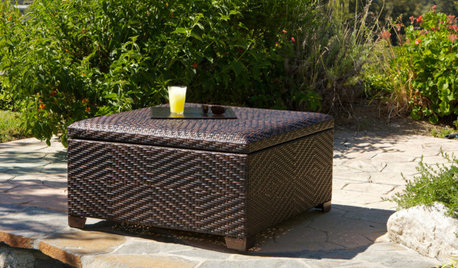
SHOP HOUZZShop Houzz: Essential Outdoor Organization
Make the most of your outdoor space this summer with essential solutions for organization and storage
Full Story0

LIFE10 Smart Organizing Ideas That Make Life Easier
Rethink where and how you store household basics, from bills to baking supplies, to buy some time and save some headaches
Full Story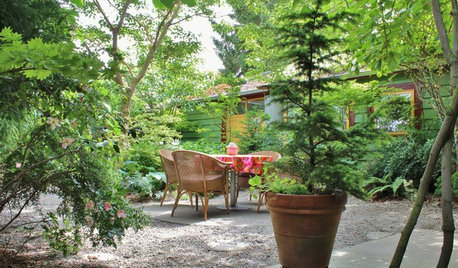
INSPIRING GARDENSFrom Concrete Lot to Gracious Organic Garden in Seattle
Plants, pests and even weeds have a place in this landscape, which offers an edible bounty and a feast for the eyes
Full Story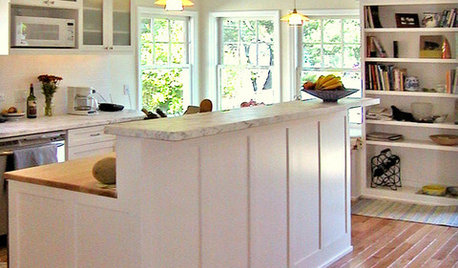
KITCHEN DESIGN8 Kitchen Organizing Ideas for Messy Cooks
Not the clean-as-you-go type? Not to worry. These strategies will help keep your kitchen looking tidy no matter what your cooking style is
Full Story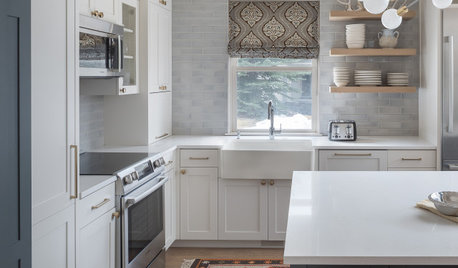
ORGANIZING7-Day Plan: Get a Spotless, Beautifully Organized Kitchen
Our weeklong plan will help you get your kitchen spick-and-span from top to bottom
Full Story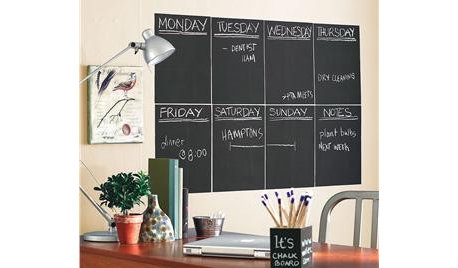
KITCHEN DESIGNGuest Picks: Get That Kitchen Organized!
20 products to make your kitchen work harder for you
Full Story


klem1
gardengal48 (PNW Z8/9)
Related Professionals
Beverly Hills Landscape Contractors · Biloxi Landscape Contractors · Darien Landscape Contractors · Lake Saint Louis Landscape Contractors · New Brighton Landscape Contractors · Oak Harbor Landscape Contractors · Parker Landscape Contractors · Rockland Landscape Contractors · Tamarac Landscape Contractors · Thornton Landscape Contractors · New Carrollton Landscape Contractors · Quartz Hill Landscape Contractors · Clermont Decks, Patios & Outdoor Enclosures · Livingston Decks, Patios & Outdoor Enclosures · Meridian Decks, Patios & Outdoor EnclosuresKimmsr
flo9
flo9
flo9
nc_crn
ka0ttic
greenthumbzdude
klem1
gardengal48 (PNW Z8/9)
toxcrusadr
TXEB
bibbus 7bOriginal Author
TXEB
toxcrusadr
bibbus 7bOriginal Author
mulchmama
Lloyd
gardengal48 (PNW Z8/9)
Lloyd
TXEB